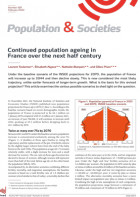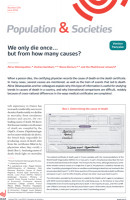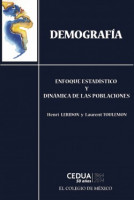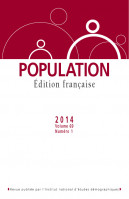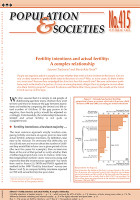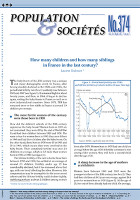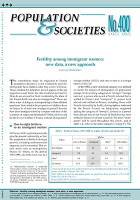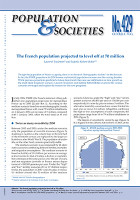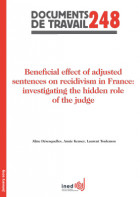
Beneficial effect of adjusted sentences on recidivism in France: investigating the hidden role of the judge
Collection : Documents de travail
n° 248, 2019, 18 pages
Adjusted sentences may be considered as detrimental or favorable to former offenders’ re-entry. According to the “labelling theory”, alternative-to-incarceration sentences reduce recidivism because they are less stigmatizing than prison. The defenders of the “deterrence theory” consider that they are too soft to prevent people from reoffending. Results from the most recent study conducted in France, show that, after controlling for several characteristics of the former inmates, recidivism is significantly higher among those who had fully served a prison sentence than among those who benefited from an adjusted sentence. However, this does not prove a direct effect of these measures. Beneficiaries may be selected among offenders with lower risks of recidivism. Judges in charge of sentences execution also take into account the socio-economic environment the inmates will find upon release. In this study, we use a cohort built by the French Ministry of Justice (6,869 inmates followed over 5 years after release) to further investigate this issue. The database includes the information on the court in charge of the inmate’s execution of sentence. We use the inter-court disparity in granting adjusted sentences to capture part of the unobserved heterogeneity between inmates and examine how it impacts on the link with recidivism.



